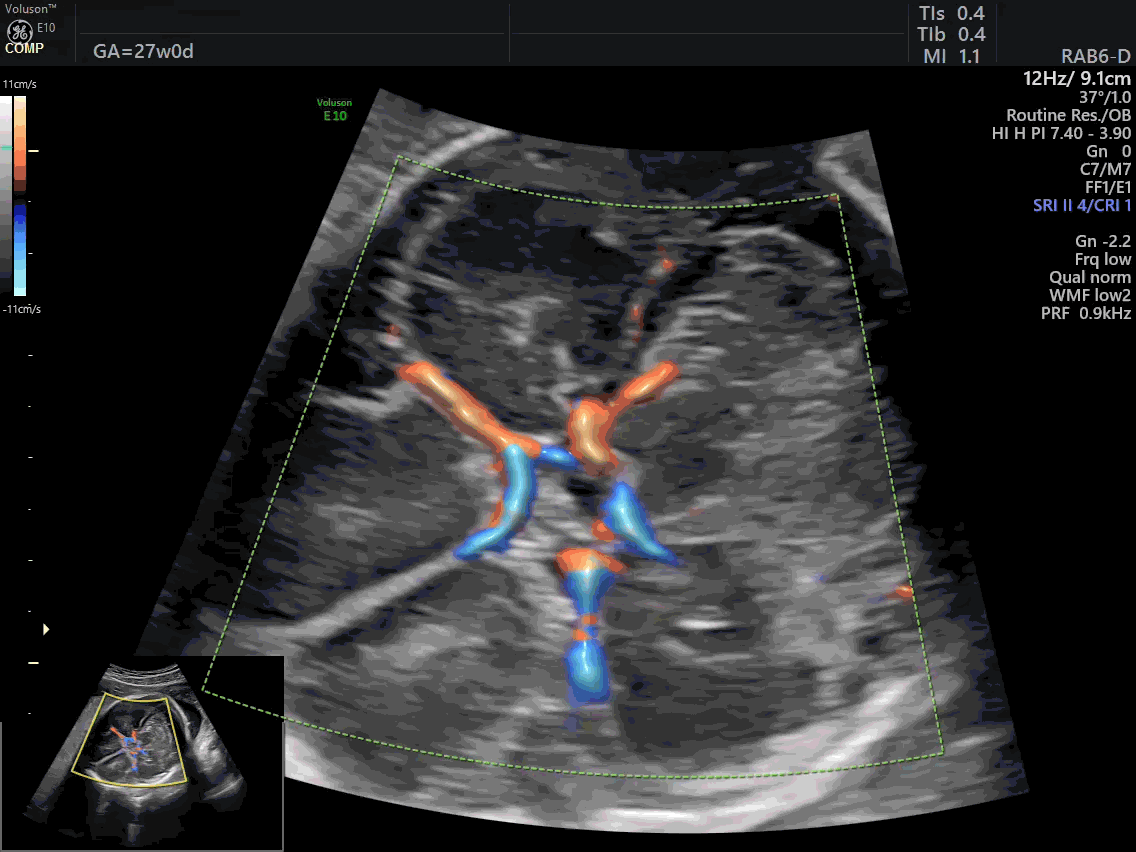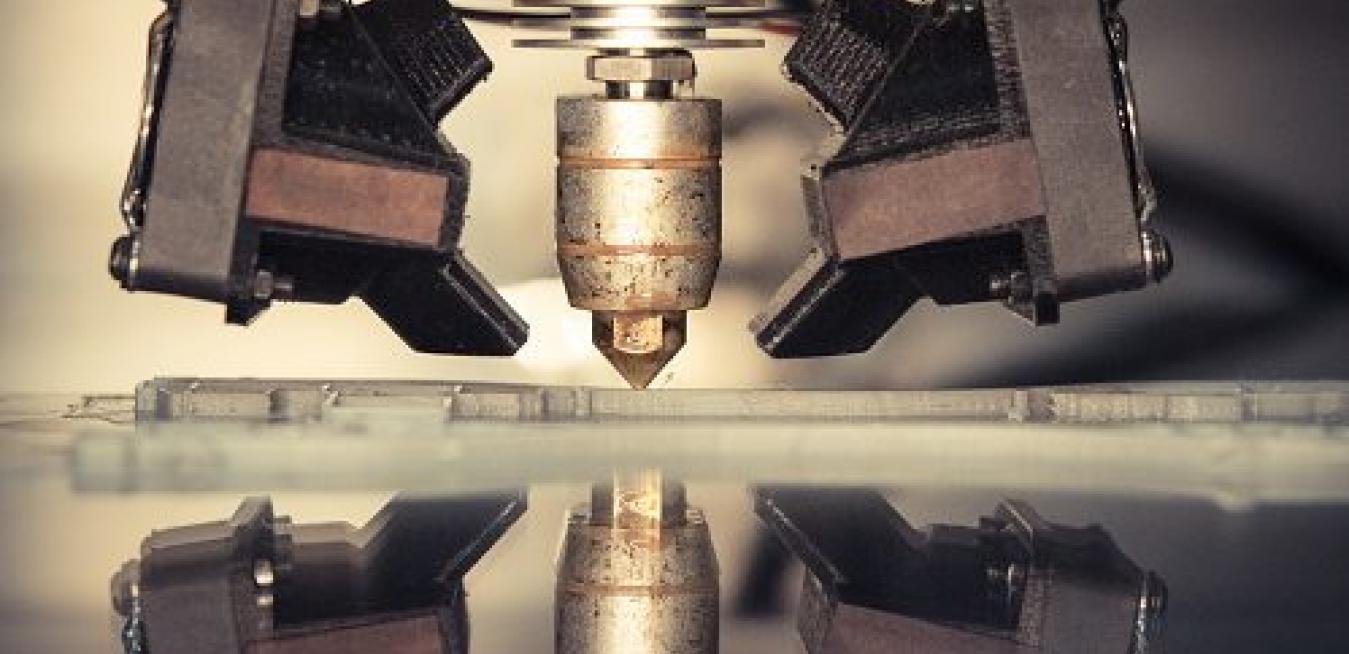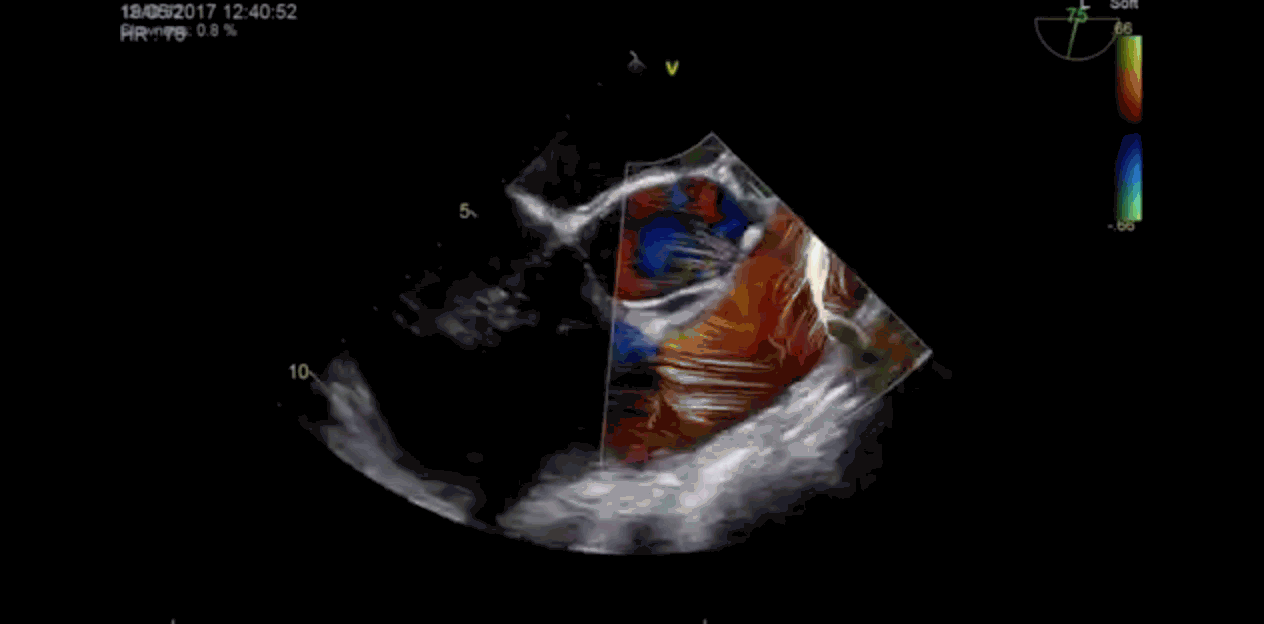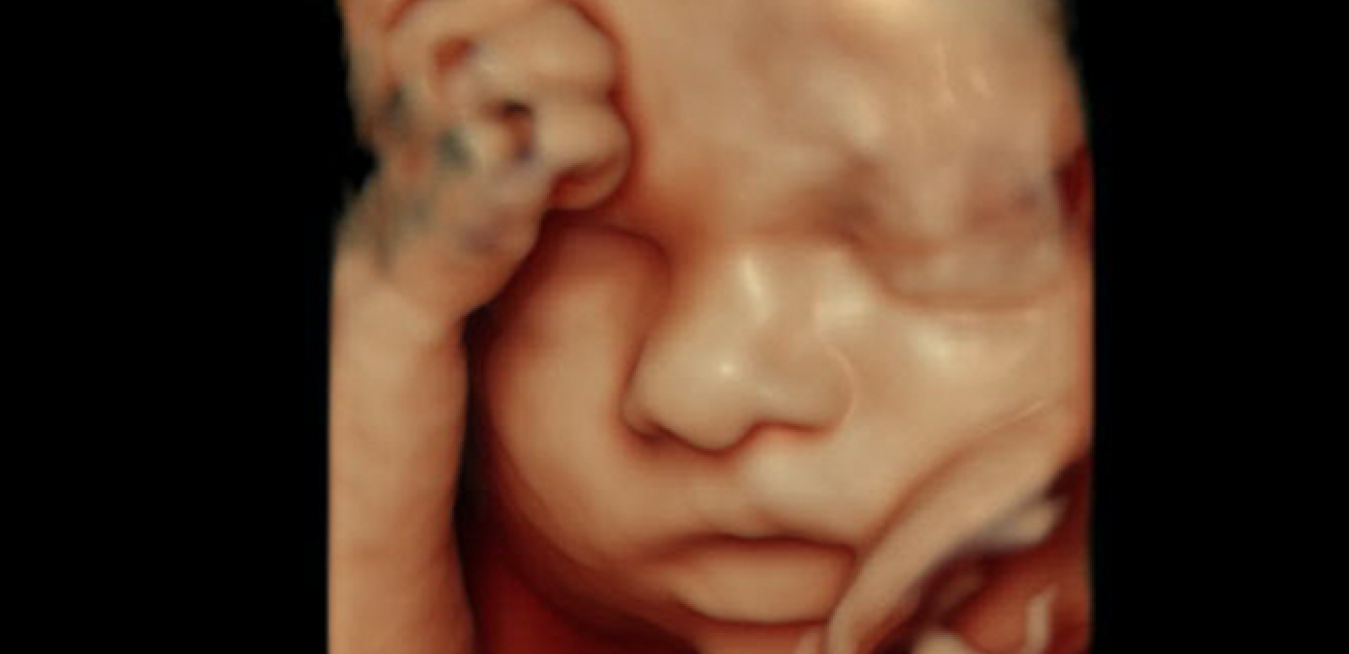Arzt performs heart surgery on unborn babies, inserting a needle into the mother’s womb and carefully pushing it through a tiny valve in the fetus’ heart that’s just 2 millimeters in diameter, or about as wide as a pinhead. Then he perforates the valve. “If I go 1 or 2 millimeters too far, I tear off the vessel and everything is over,” he says from his office at Kepler University Hospital in Austria, where as head of prenatal care he has overseen more than 140 such procedures.
This year, Rosés got his hands on a new ultrasound system that has changed the way he is able to care for patients like David, who was born with a congenital heart defect.
1. What are your expectations on GE growing their investment within Indonesia?
Indonesia is an important area for us. It’s a country which clearly offers a market for the things we sell, from lighting to locomotives. Currently Indonesia generates about $1 billion in revenue for GE, one of only 20 markets that reach that figure.














